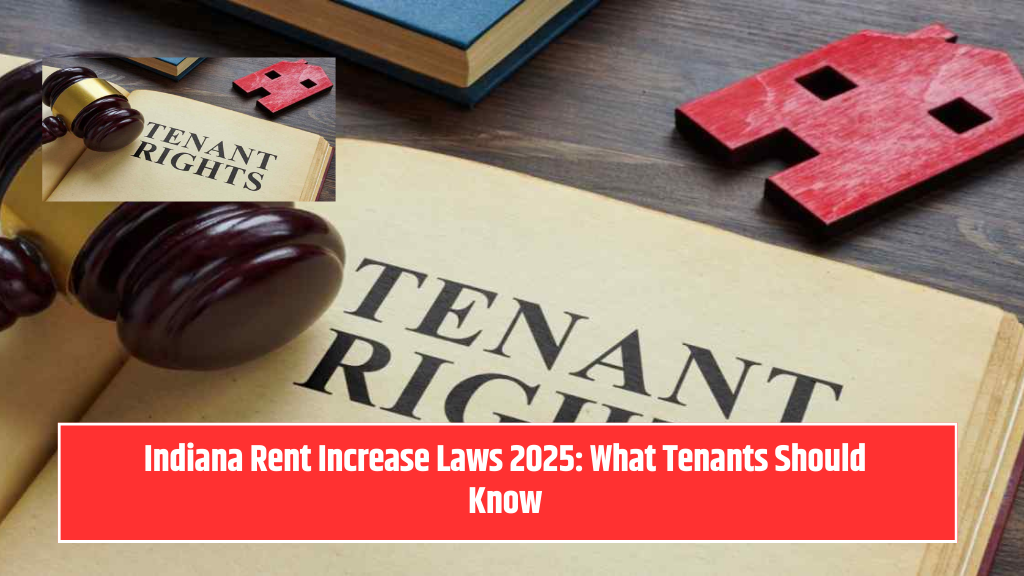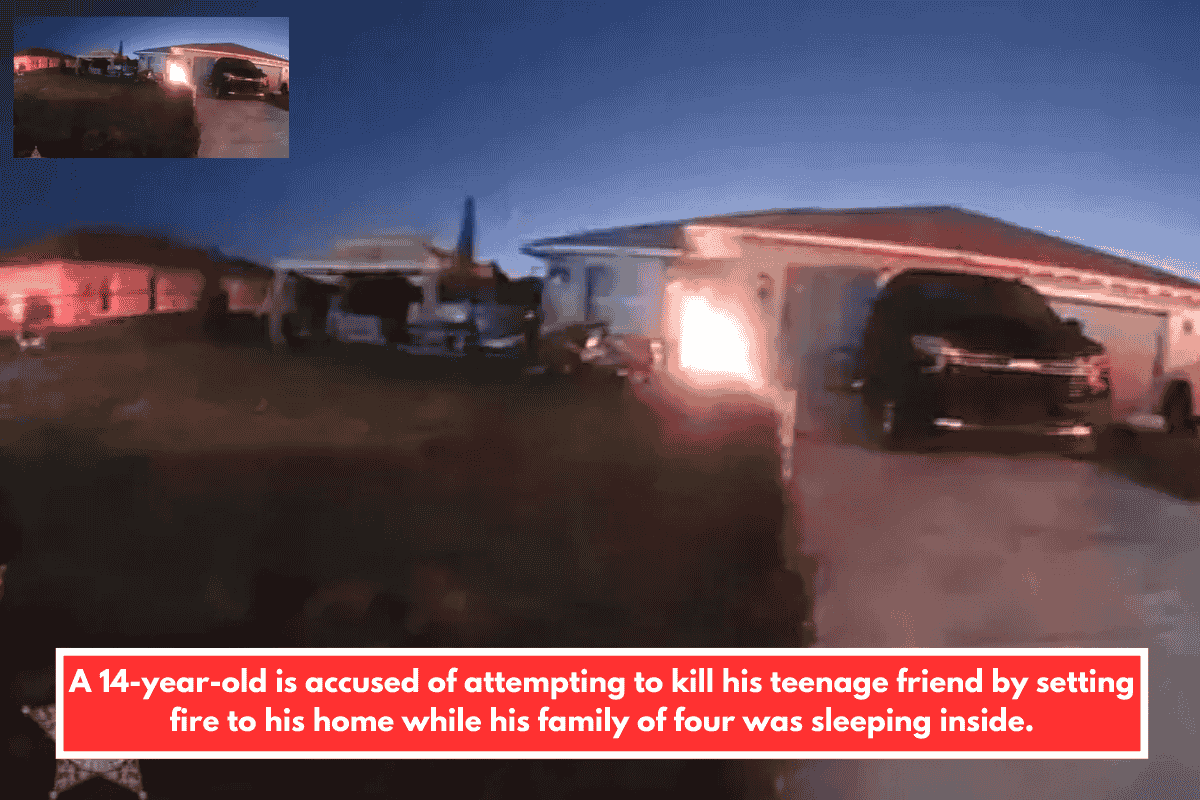Renting a home or apartment in Indiana comes with both rights and responsibilities for tenants and landlords. Whether you’re just moving into a new place or facing a rental issue, it’s important to know what the law says. This guide explains your rights as a tenant, what landlords must do, and how to handle problems like repairs, lease issues, deposits, or evictions.
Your Basic Rights as a Tenant in Indiana
All tenants in Indiana are protected by state laws that make sure you live in a safe and fair environment. Here are your main rights:
Right to a Safe and Livable Home
Your landlord must make sure the rental unit is fit for living. This includes working plumbing, electricity, heating, ventilation, and a building structure that is safe and clean. Landlords must handle repairs and keep the home in proper condition.
Right to Privacy
Landlords must respect your space. Unless it’s an emergency, they should give you 48 hours written notice before entering your home for repairs or inspections.
Right to Stay Without Being Locked Out
Your landlord cannot change the locks or remove your belongings to force you out. Only a court can approve eviction.
Protection from Discrimination
Under Indiana law and federal fair housing laws, landlords cannot refuse to rent to someone because of their race, religion, gender, disability, family status, or background.
Responsibilities of Landlords in Indiana
Indiana landlords have legal duties that must be followed:
Keep the Property Habitable
Landlords must keep the rental in good condition. That includes working plumbing, heating, lights, and a clean environment that meets health and safety standards.
Handle Repairs
If something breaks, the landlord must fix it—especially if it’s something serious like a broken heater or a leak. Normal wear and tear costs cannot be passed on to tenants.
Maintain Shared Areas
If you live in a building with common areas like stairs or hallways, the landlord must keep these places clean and safe.
Give Proper Entry Notice
Landlords must notify tenants before entering, unless it’s an emergency. For non-urgent repairs, they must give 48 hours written notice.
What To Do When Repairs Are Needed
If something in your rental unit breaks, take these steps:
- Write to Your Landlord explaining the problem.
- Wait up to 14 days for minor repairs or 30 days for major health/safety issues.
- If no action is taken, you can:
- File a complaint with your local housing office.
- Hire a licensed repair person, pay for the fix, and deduct it from rent.
- Go to small claims court to recover costs.
- Break the lease if the home becomes unlivable.
Security Deposit Rules in Indiana
How Much Can Be Charged?
Landlords can charge up to one month’s rent as a security deposit. For example, if rent is ₹80,000, the deposit cannot exceed ₹80,000.
Getting the Deposit Back
Landlords must return your deposit within 45 days of moving out. They should also include a detailed list of deductions for any damage or unpaid charges.
If they don’t return it in time, you can take them to small claims court and recover double the amount.
If You Disagree With Deductions
Send a written complaint to your landlord. If they don’t respond, you can file a legal claim in small claims court with proof like photos or receipts.
Understanding Lease Agreements in Indiana
Leases are contracts between the tenant and landlord. In Indiana:
- Written leases are preferred, but verbal ones are legal.
- The lease should clearly list rent, deposit, dates, rules, and responsibilities.
What’s Not Allowed in Leases
- Leases cannot remove a tenant’s rights under the law.
- They cannot automatically renew without written agreement.
- Unfair or excessive late fees are not allowed.
Breaking a Lease in Indiana
You can break a lease legally if:
- The home becomes unsafe or unlivable.
- The landlord breaks lease terms.
- Staying could risk your safety.
Without legal reasons, breaking a lease may lead to legal action by the landlord. Always try to negotiate with the landlord first.
Rent Rules You Should Know
- Rent is due on the date mentioned in your lease.
- You get a 5-day grace period to pay rent before late fees apply.
- Landlords can raise rent, but must give 30 days’ notice in month-to-month leases.
- Late fees should be fair—usually not more than ₹4,000 or 5% of rent.
Eviction Process in Indiana
You can only be evicted for legal reasons, such as:
- Not paying rent
- Breaking lease rules
- Causing damage or doing illegal activities
- Staying after the lease ends
Landlords must give written notice, and you have a right to a court hearing. Only the sheriff can remove you after a court order.
Where to Get Help
Local Help
Contact your city or county’s housing authority for guidance or file a complaint.
Legal Advice
Consult a lawyer who handles landlord-tenant issues. Many offer free first consultations.
Report Violations
You can report illegal actions to the Indiana Attorney General’s office or your local housing board.
Understanding your rights as a tenant in Indiana helps you avoid common problems and gives you confidence to deal with issues fairly. Whether it’s about repairs, leases, or disputes, always keep written records and communicate clearly with your landlord. If needed, don’t hesitate to get legal support.














